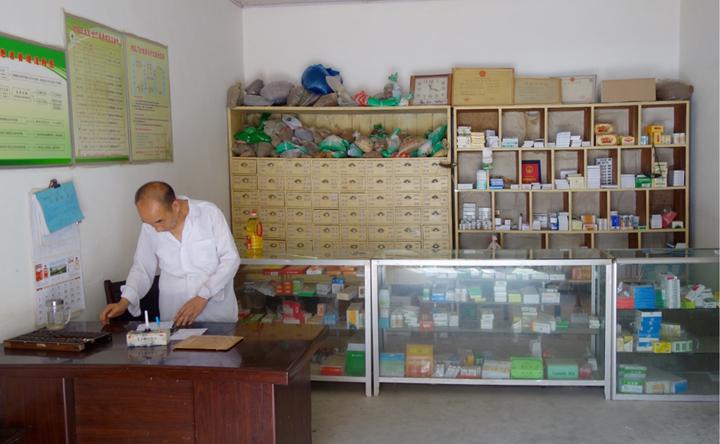The Quality of Primary Care in Rural China
 Photo source - Sean Sylvia
Photo source - Sean SylviaCollaborators: Zhou Huan, Zhou Chengchao, Xue Hao, Jishnu Das, Madhukar Pai, Scott Rozelle, Hongmei Yi
In recent years, China has set about wide-raning reforms of the health system. The goal of this project is to provide evidence on the nature of primary care in rural areas to inform this effort.
Key findings:
The quality of primary care available in rural areas is poor, particulalry in lower-level village clinics
These quality deficits are due both to low leveles of medical knowledge among rural clinicians and the relatively weak incentives they face to provide high-quality care.
Rural clinicians also face distorted incentives to provide unecessary care, such as antibiotics for viral infections
Rural clinicians have low demand for in-service training
Classroom-based training sessions have only small effects on clinician knowledge of approraite diagnostic and therapeutic procedures, and have no effect on actual practice in treating patients
In public health facilities, physicians employed as permanent employees (civil servants) vastly underperform those hired on fixed-term contracts